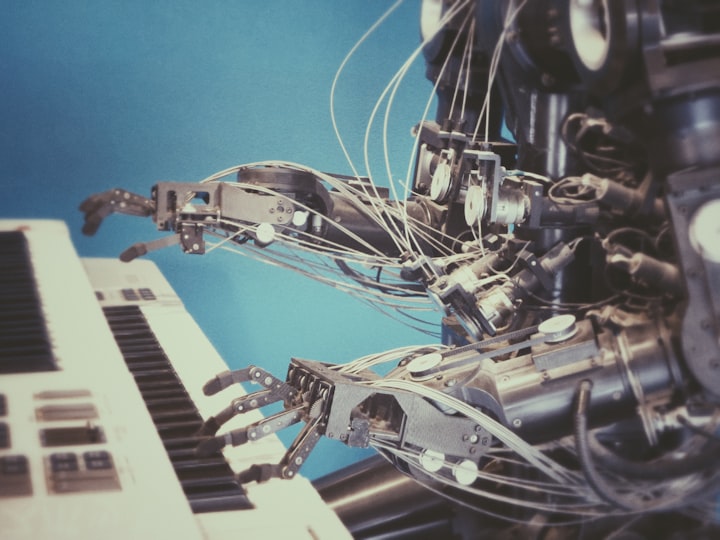Importance of Artificial Intelligence
Artificial Intelligence, AI

Artificial Intelligence (AI) has emerged as one of the most transformative technologies of the 21st century. It encompasses a broad range of technologies and techniques that enable machines to mimic human intelligence and perform tasks that typically require human cognitive abilities. The rapid advancement and adoption of AI across various industries and domains have brought about significant changes and have a profound impact on society. In this essay, we will explore the importance of AI and its implications in different aspects of our lives.
AI has the potential to revolutionize numerous industries, including healthcare, transportation, finance, manufacturing, and education. In healthcare, AI-powered systems can assist in early disease detection, diagnosis, and treatment planning, improving patient outcomes and reducing medical errors. AI algorithms can analyze vast amounts of medical data to identify patterns and predict patient health risks, enabling proactive and personalized care. Moreover, AI-driven robotics and automation can enhance surgical procedures, making them more precise and less invasive.
In transportation, AI has the capacity to optimize traffic management systems, reducing congestion and improving safety. Self-driving cars, enabled by AI, have the potential to revolutionize personal transportation, reducing accidents caused by human error and increasing overall efficiency. Additionally, AI-powered logistics and supply chain management systems can enhance delivery routes, reduce costs, and minimize delays.
Financial institutions benefit from AI through the automation of various processes, such as fraud detection, risk assessment, and algorithmic trading. AI algorithms can quickly analyze vast amounts of financial data and identify fraudulent activities, protecting customers and financial institutions alike. Moreover, AI-based robo-advisors provide personalized investment recommendations, democratizing access to financial advice and wealth management services.
In manufacturing, AI-powered robots and automation systems improve productivity and efficiency. These intelligent machines can perform complex tasks with precision and speed, leading to increased production output and reduced labor costs. AI also enables predictive maintenance, where machines can anticipate failures and schedule maintenance activities proactively, minimizing downtime and optimizing operational efficiency.
Education is another area where AI is gaining prominence. Intelligent tutoring systems can provide personalized learning experiences, adapting content and pacing to individual student needs. AI-powered grading systems can automate the assessment process, providing timely feedback to students and reducing the burden on teachers. Furthermore, AI-based educational platforms facilitate remote learning, enabling access to quality education globally.
Beyond specific industries, AI has societal implications that extend to various aspects of our lives. AI has the potential to address complex societal challenges, such as climate change, resource management, and public safety. AI algorithms can analyze vast amounts of environmental data to predict and mitigate the impact of natural disasters, optimize energy consumption, and enhance environmental sustainability. Additionally, AI-powered systems can aid law enforcement agencies in crime prevention, threat detection, and cybersecurity, ensuring public safety in an increasingly interconnected world.
However, alongside its transformative potential, AI also presents challenges and ethical considerations. Privacy concerns arise as AI systems collect and analyze vast amounts of personal data. Safeguarding data privacy and ensuring responsible data usage become crucial to maintain public trust in AI technologies. Furthermore, there is a need to address the potential biases embedded in AI algorithms, ensuring fairness and preventing discrimination. It is important to have transparent and accountable AI systems that are aligned with human values and ethical principles.
In conclusion, the importance of AI cannot be overstated. Its transformative power has the potential to revolutionize industries, enhance societal well-being, and address complex challenges. From healthcare and transportation to finance and education, AI offers new opportunities for innovation and efficiency. However, it is crucial to ensure responsible development and deployment of AI, addressing ethical considerations and safeguarding privacy. As AI continues to evolve, it is imperative to strike a balance between technological advancements and human values, harnessing the potential of AI for the benefit of humanity.
About the Creator
Abdullah hameed
Hey, its Abdullah Hameed.
In my page you will find blogs on many topics. Which will help to increase your Knowledge.






Comments
There are no comments for this story
Be the first to respond and start the conversation.